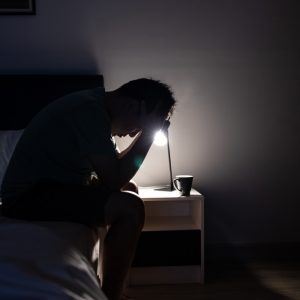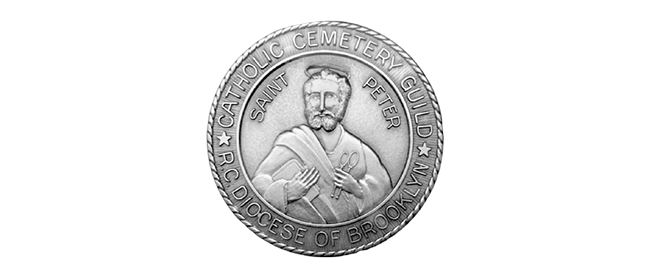3 Ways to Cope With Grief-Induced Insomnia

At St. Charles Monuments, we know firsthand how difficult it is to lose someone we love. For several decades, we’ve done more than provide Long Island with stunning, one-of-a-kind monuments and granite headstones. In addition, we aim to provide support, wisdom and guidance through the most difficult and stressful times imaginable. Therefore, we often see the kind of effect grief can have on people. One of the most common (and frustrating) side effects of grief is insomnia.
Believe it or not, many people can’t sleep during times of severe grief. Of course, this makes the perpetual emotional pain all the more challenging. It’s difficult enough coping with loss when well-rested. But dealing with grief and insomnia can take a unique, serious toll on mental health. In this post, we’ll explore three ways to counteract grief-induced insomnia. Keep reading to find out more!
1. Exercise Throughout the Day
Without a doubt, one of the most reliable natural remedies for insomnia is exercise. Of course, it’s likely difficult to find the necessary motivation, especially if you’re in pain from grief and haven’t gotten much sleep. However, even some gentle exercises with minimal exertion can help you rest at night.
Also, it’s important to choose a workout that won’t push you past your limits. Many experts recommend doing yoga to heal from grief, as it can help your body achieve its natural equilibrium again. Additionally, something as simple as a long walk or hike can have a tremendously positive effect on both your sleep cycle and general outlook.
2. Avoid Caffeine & Alcohol
So many people mistakenly assume that alcohol can actually improve sleep. However, this is a common misconception and it’s very disruptive to sleep cycles. While alcohol can help you fall asleep faster, you most likely won’t stay asleep very long. As our bodies metabolize the alcohol, it usually disrupts the latter half of our sleep and wakes us abruptly. While many decide to incorporate alcohol into mourning rituals, it’s best to stay away if you can’t sleep at night.
Of course, it should come as no surprise that you should avoid caffeine at all costs if you’re trying to sleep. Rather than consuming caffeinated or alcoholic beverages, focus on drinking water or caffeine-free herbal tea.
3. Stay Unplugged for the Last Few Hours of the Day
Of course, staying away from devices seems like it’s getting harder and harder, for everyone. We rely on our smartphones and tablets for just about everything, it seems – from social media to food delivery. At any moment throughout the day, we’re most likely directly in front of a screen of some kind. Also, since most people use Facebook to memorialize their loved ones, it makes it even harder to stay away. However, if you’re dealing with insomnia, it’s important to place certain restrictions on your devices.
Specifically, you should avoid any device for (at the very least) the final hour of your day. Deactivate all phones, tablets, TVs, computers and any other device that comes to mind before bedtime. Also, if you’re the kind of person who typically falls asleep with the TV on, now is the time to end this habit. In order to combat insomnia, your bedroom should remain dark throughout the night. Our televisions project lights that (even with eyes closed) stimulate us subconsciously and significantly impair our ability to fall, and stay, asleep.
Conclusion – St. Charles Monuments
At St. Charles Monuments, we’re always here to provide any insight or support you may need throughout this difficult time. While the death of a loved one is the most overwhelming time in anyone’s life, it’s still critical to take care of yourself. It may seem like getting a good night’s sleep shouldn’t be high on your priority list. However, this couldn’t be further from the truth. Of course, it’s important to deal with all of the necessary arrangements that come with a loss. But you should also make your health and wellness an equally high priority, as well. That starts with getting a good night’s sleep.





